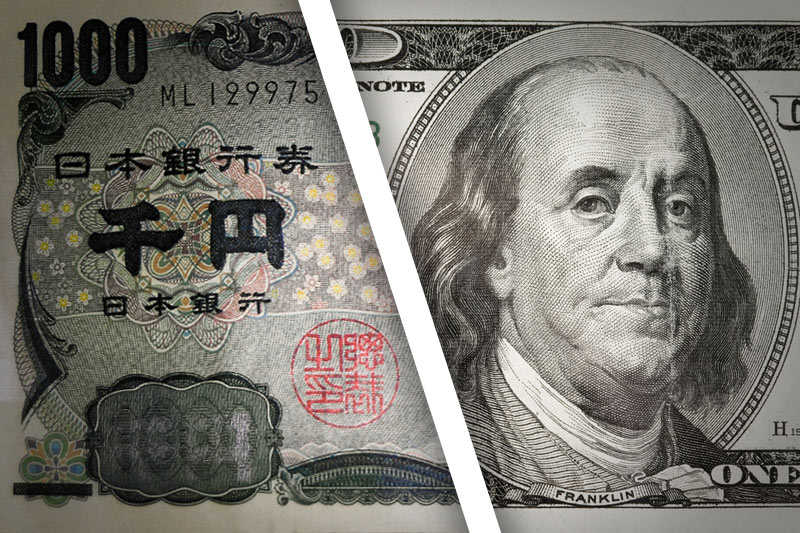Investing.com - The dollar moved lower against the yen on Wednesday after Japanese Prime Minister Shinzo Abe voiced concerns over the economic impact of recent weakness in the yen.
USD/JPY touched session lows of 108.47 and was last down 0.22% to 108.65.
The pair was likely to find support at 108.24, Tuesday’s low and resistance at 109.18, Monday’s high.
The yen found support after Prime Minister Abe reportedly said that the weaker yen had both positive and negative impacts and that he wanted to carefully watch the impact of yen weakness on regional economies and on small and mid-sized companies.
The broadly stronger dollar rallied to six year peaks of 109.45 against the yen last week, boosted by expectations for an earlier than expected hike in U.S. interest rates as the economic recovery continues to improve.
In contrast the Bank of Japan looks likely to stick to a looser monetary policy stance amid concerns over the outlook for growth.
The US Dollar Index, which tracks the performance of the greenback versus a basket of six other major currencies, was steady at 84.80, not far from Monday’s four year highs of 84.86.
Demand for the dollar continued to be underpinned after data on Tuesday showed that the U.S. manufacturing sector expanded in September, matching the rate of growth seen in the previous month, which was the strongest in over four years.
Investors remained cautious amid concerns over geopolitical risks in the wake of U.S. airstrikes in Syria.
The yen also gained against the euro, with EUR/JPY slipping 0.19% to 139.61.
Elsewhere, the euro was little changed against the greenback, with EUR/USD trading at 1.2847, hovering just above Monday’s 14-month trough of 1.2815.
The single currency remained under pressure after data on Tuesday showed that private sector output grew at the slowest rate so far this year in September, fuelling expectations for additional stimulus by the European Central Bank.
